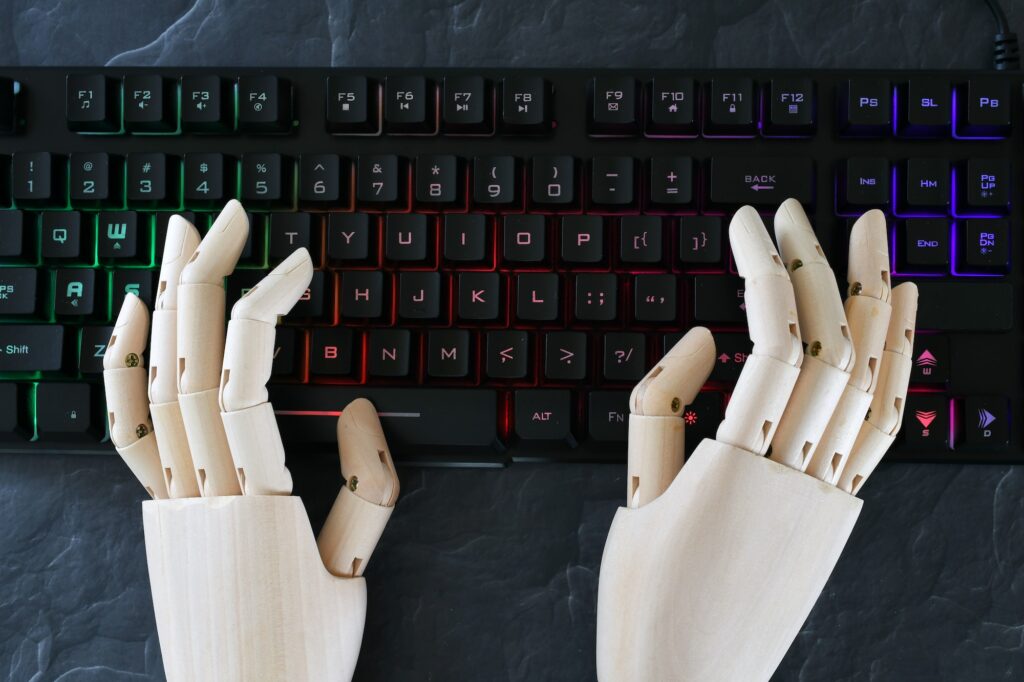Introduction
To stop the spread of the Eastern Equine Encephalitis (EEE) virus, Massachusetts has set a curfew in some places. This virus, spread by mosquitoes, can be deadly. The curfew is designed to keep people inside when mosquitoes are most active, from evening to morning, to lower the chances of getting bitten and sick.

What is EEE?
Eastern Equine Encephalitis is a virus carried by mosquitoes. It usually infects birds, but it can also affect humans and horses. It’s a rare virus but very serious. About 30% of people who get EEE die from it, and those who survive often have lasting brain damage.
Why a Curfew?
The curfew aims to keep people indoors during the times mosquitoes are most active. This reduces the risk of mosquito bites, especially in areas where the virus has been found. The focus is on regions with lots of mosquitoes and a history of the virus.
Where is the Curfew?
The curfew affects several counties including parts of Worcester, Plymouth, and Bristol. People in these areas are advised to stay indoors during curfew hours and take extra steps to protect themselves like wearing long sleeves and using bug spray.
EEE Symptoms and Treatment
Symptoms of EEE show up 4 to 10 days after a mosquito bite and start with fever, headache, chills, and vomiting. The virus can quickly get worse, causing brain swelling, seizures, and coma. There’s no cure for EEE, so doctors focus on supporting the body and managing symptoms, which might include staying in the hospital and help with breathing.
How to Prevent EEE
- Stay away from mosquitoes: Wear long clothes and avoid being outside at dusk and dawn.
- Use bug spray: Look for repellents with DEET, picaridin, or oil of lemon eucalyptus.
- Keep mosquitoes outside: Make sure your windows and doors have screens without holes.
- Stop mosquitoes from breeding: Get rid of any standing water around your place.
Public Health’s Role
Health officials are keeping an eye on the situation by checking mosquitoes and keeping track of cases in humans and animals. They’re also thinking about spraying insecticides from the air in places where there are a lot of mosquitoes.
Conclusion
The EEE virus is a serious threat, and the curfew in Massachusetts is meant to help keep people safe. By taking the recommended steps and staying updated, everyone can help lower the risk of this dangerous virus spreading.

FAQs about Massachusetts’ Curfew for the EEE Virus
1. Why was the curfew implemented, and how long will it last?
The curfew was implemented to reduce the risk of people getting bitten by mosquitoes that might carry the EEE virus. Mosquitoes are most active from dusk to dawn, so the curfew focuses on these hours. The duration of the curfew will depend on how the situation develops, especially if the virus continues to be found in mosquito populations. Local authorities will provide updates as more information becomes available.
2. Which areas are specifically affected by the curfew?
The curfew is in place in several counties in Massachusetts, including parts of Worcester, Plymouth, and Bristol. These areas have been identified based on the presence of EEE-positive mosquitoes and are considered at higher risk. Residents in these regions should follow the curfew guidelines and take extra precautions to avoid mosquito bites.
3. What should I do if I think I’ve been bitten by a mosquito carrying the EEE virus?
If you develop symptoms like fever, headache, chills, or vomiting within 4 to 10 days after being bitten by a mosquito, you should seek medical attention immediately. While these symptoms can be common with other illnesses, it’s important to consult a healthcare provider to rule out EEE, especially if you live in an area where the virus has been detected. Early medical care can help manage symptoms and prevent complications.
Sources CNN


